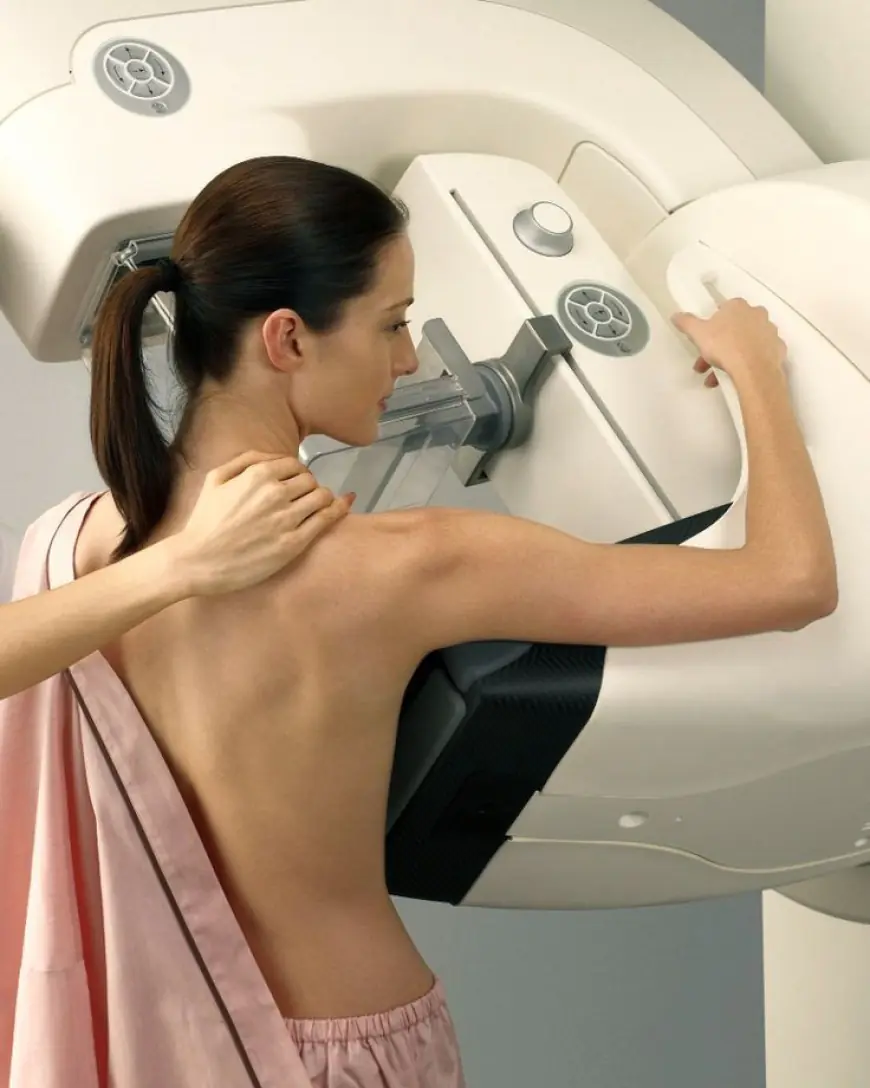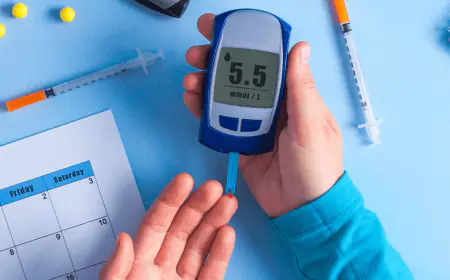The Importance Of Regular Breast Cancer Screening For Women
Understand the importance of regular breast cancer screenings for women and how they can help with early detection. Learn more with Breaking Way Health.
The Importance of Regular Screening
Regular screening aims to detect breast cancer in its early stages, where treatment is more effective. Studies have shown that early detection can reduce breast cancer mortality rates by up to 30%. Regular screening includes exams such as mammograms and clinical breast exams, which help identify any abnormal changes in the breast that might indicate cancer.
Reasons for the Necessity of Regular Screening
1. Early Detection of the Disease:
When breast cancer is discovered early, treatment options are more diverse and effective. In advanced stages, treatment can become more complex and the risk of complications increases.
2. Improved Survival Rates:
Early detection can significantly improve survival rates. Clinical data shows that women who undergo regular screenings tend to have better outcomes compared to those who do not.
3. Reduced Need for IntensiveTreatments:
Early detection may result in less aggressive treatments and fewer invasive procedures, reducing the impact of treatment on the patient's quality of life.
-Methods of Regular Screening

Mammography
This is an X-ray imaging technique used to detect tumours or small lumps that may be undetectable by touch. It is recommended for women over the age of 40, but some may need to start earlier based on family history.
Clinical Breast Exam
Conducted by a healthcare professional, this exam involves checking the breasts and surrounding lymph nodes for any unusual changes.
Breast Self-Examination
This involves regularly checking the breasts for any changes in shape, size, or lumps. It is recommended to perform this exam monthly, especially after menstruation.
-Breast Cancer Symptoms
In addition to regular screening, women need to be aware of symptoms that may indicate breast cancer. Common symptoms include:
1. Changes in the breast or nipple
Such as the appearance of a lump or abnormal swelling in the breast or near the nipple.
2. Changes in the size or shape of the breast
The breast may become larger or change shape without a clear reason.
3. Changes in breast skin
Such as wrinkles, dimpling, or unusual redness.
4. Changes in the nipple
Such as changes in nipple colour, inward turning of the nipple, or abnormal nipple discharge.
5. Pain
There may be unusual pain in the breast or nipple, though not all women with breast cancer experience pain.
-Factors Influencing the Need for Early Screening
The need for regular screening can be influenced by several factors, including:
1. Family History
Women with a family history of breast cancer may need to begin screenings earlier.
2. Age
Regular screening is generally recommended starting at age 40, but individual recommendations may vary based on other risk factors.
3. Lifestyle Factors
Unhealthy lifestyle choices such as smoking, obesity, and poor diet can increase the risk of breast cancer.
-Challenges Facing Regular Screening
Despite the significant benefits of regular screening, there are some challenges, including:
1. Financial Costs
Screenings can be expensive in some cases, making them less accessible for some women.
2. Lack of Awareness
A lack of awareness about the importance of regular screenings can lead to delays in detecting the disease.
3. Fear of Results
Some women may experience anxiety or fear about the results of screenings, which may deter them from getting tested.
Conclusion
Regular breast cancer screening is one of the most important steps in preventing and early treatment of the disease. By undergoing regular exams, women can improve their chances of recovery and minimize the impact of the disease on their quality of life. Women need to be aware of their screening schedules and discuss with their healthcare providers the best preventive measures based on individual risk factors.
Sources
1. [American Cancer Society. "Breast Cancer Early Detection and Diagnosis"]
2. [National Cancer Institute. "Breast Cancer Screening (PDQ®)–Patient Version"] https://www.cancer.gov/types/breast/patient/breast-screening-pdq
3. [Mayo Clinic. "Breast cancer diagnosis"]https://www.mayoclinic.org/diseases-conditions/breast-cancer/diagnosis-treatment/drc-20325470
What's Your Reaction?






















































